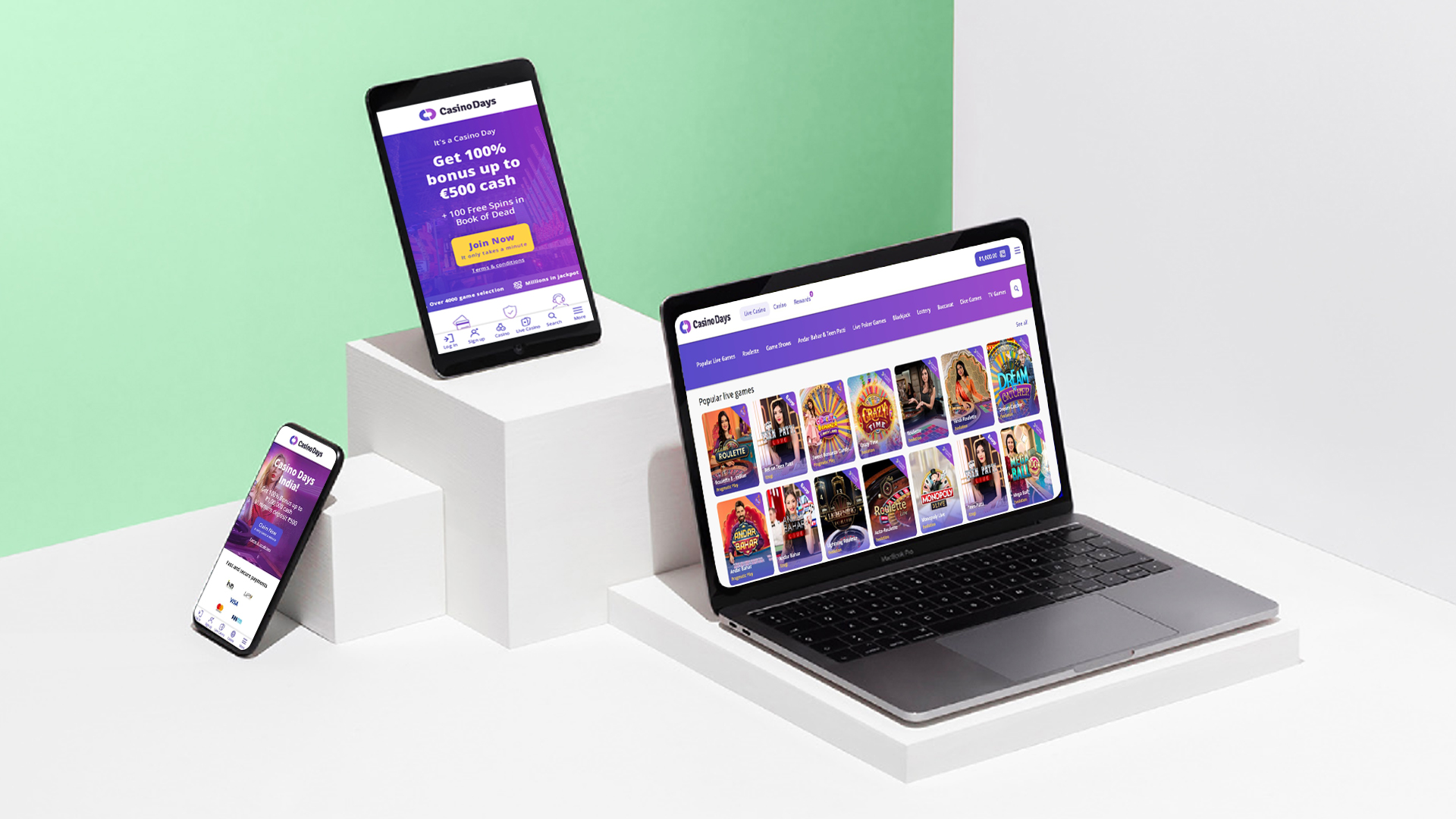Entertainment
TikTok’s India rival Roposo booms with 500,000 users added every hour.

In late June, when India banned 59 Chinese apps, including global sensation TikTok, the short-video platform stopped working for its 200 million local users. Within hours, an avalanche of new sign-ups pushed the servers of one of its Bangalore-based rivals, Roposo, to breaking point.
Two weeks on, Roposo, which also offers short videos, says it’s peaking at 500,000 new users an hour and expects to have 100 million by month’s end. That’s almost double the 55 million it had before the ban, and puts Roposo among a profusion of Indian startups to benefit from TikTok’s troubles in the country.
The ban from Prime Minister Narendra Modi’s government covered other big Chinese names such as Alibaba Group Holding Ltd.’s UC Web mobile browser and Tencent Holdings Ltd.’s WeChat messaging app, and came amid a brutal border face-off between India and China that left 20 Indian soldiers dead.
While India cited privacy and security concerns, the restrictions are poised to dramatically alter the competitive landscape in the nation’s digital economy. They give local firms a fighting chance at winning a larger chunk of the country’s more than half-a-billion internet denizens. And they could pave the way for some Indian firms to compete more aggressively with global giants such as Amazon.com Inc. and Facebook Inc., who are also seeking to profit from one of the world’s largest digital booms.
“It was a rocket ship instant for the country’s app startups,” said Naveen Tewari, founder of the startup that owns Roposo, munching nuts against the backdrop of the red-brick-walled study in his Bangalore home on a recent Zoom call. “We have a viable chance to become the world’s fourth technology hub after the U.S., China and Russia.”
His decade-old digital advertising startup InMobi, Roposo’s parent, has in earlier years drawn investments from global names such as SoftBank Group. Last year, PayPal co-founder and billionaire investor Peter Thiel backed its unit, Glance, which acquired Roposo in November.
Entertainment
Casino Days Reveal Internal Data on Most Popular Smartphones

International online casino Casino Days has published a report sharing their internal data on what types and brands of devices are used to play on the platform by users from the South Asian region.
Such aggregate data analyses allow the operator to optimise their website for the brands and models of devices people are actually using.
The insights gained through the research also help Casino Days tailor their services based on the better understanding of their clients and their needs.
Desktops and Tablets Lose the Battle vs Mobile
The primary data samples analysed by Casino Days reveal that mobile connections dominate the market in South Asia and are responsible for a whopping 96.6% of gaming sessions, while computers and tablets have negligible shares of 2.9% and 0.5% respectively.
The authors of the study point out that historically, playing online casino was exclusively done on computers, and attribute thе major shift to mobile that has unfolded over time to the wide spread of cheaper smartphones and mobile data plans in South Asia.
“Some of the reasons behind this massive difference in device type are affordability, technical advantages, as well as cheaper and more obtainable internet plans for mobiles than those for computers,” the researchers comment.
Xiaomi and Vivo Outperform Samsung, Apple Way Down in Rankings
Chinese brands Xiaomi and Vivo were used by 21.9% and 20.79% of Casino Days players from South Asia respectively, and together with the positioned in third place with a 18.1% share South Korean brand Samsung dominate the market among real money gamers in the region.
Cupertino, California-based Apple is way down in seventh with a user share of just 2.29%, overshadowed by Chinese brands Realme (11.43%), OPPO (11.23%), and OnePlus (4.07%).
Huawei is at the very bottom of the chart with a tiny share just below the single percent mark, trailing behind mobile devices by Motorola, Google, and Infinix.
The data on actual phone usage provided by Casino Days, even though limited to the gaming parts of the population of South Asia, paints a different picture from global statistics on smartphone shipments by vendors.
Apple and Samsung have been sharing the worldwide lead for over a decade, while current regional leader Xiaomi secured their third position globally just a couple of years ago.
Striking Android Dominance among South Asian Real Money Gaming Communities
The shifted market share patterns of the world’s top smartphone brands in South Asia observed by the Casino Days research paper reveal a striking dominance of Android devices at the expense of iOS-powered phones.
On the global level, Android enjoys a comfortable lead with a sizable 68.79% share which grows to nearly 79% when we look at the whole continent of Asia. The data on South Asian real money gaming communities suggests that Android’s dominance grows even higher and is north of the 90% mark.
Among the major factors behind these figures, the authors of the study point to the relative affordability of and greater availability of Android devices in the region, especially when manufactured locally in countries like India and Vietnam.
“And, with influencers and tech reviews putting emphasis on Android devices, the choice of mobile phone brand and OS becomes easy; Android has a much wider range of products and caters to the Asian online casino market in ways that Apple can’t due to technical limitations,” the researchers add.
The far better integration achieved by Google Pay compared to its counterpart Apple Pay has also played a crucial role in shaping the existing smartphone market trends.
Content provided by Adverloom














